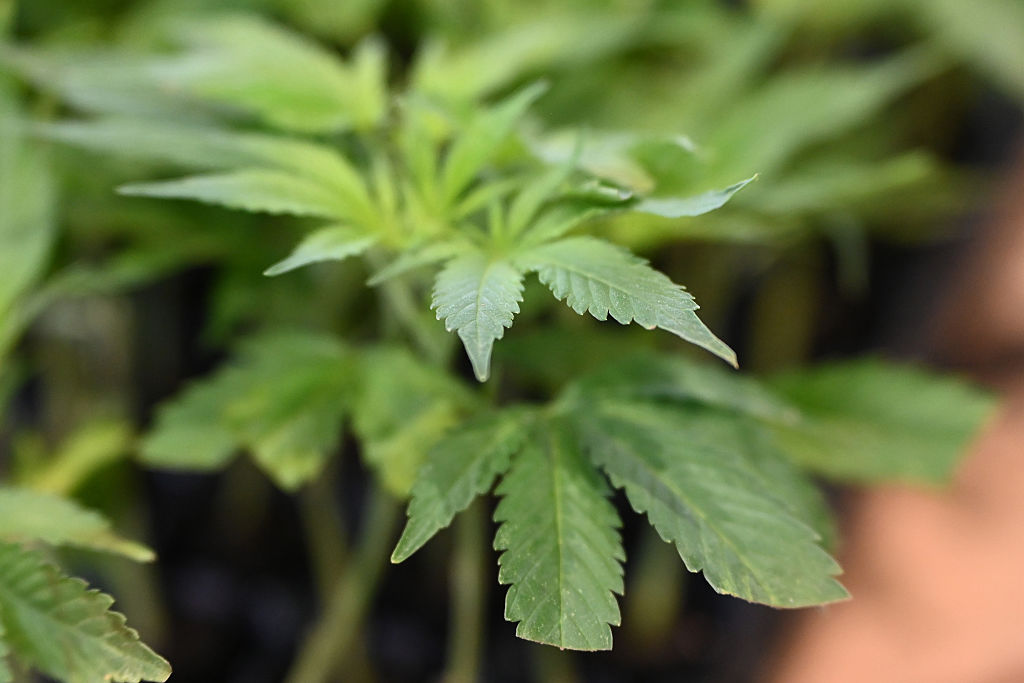The subtle risk that sets alcohol apart from cannabis

Alcohol is known to increase risky behavior, but the jury is still out on cannabis. A new study furthered this notion, showing that cannabis, when compared to alcohol, may lead to more sound decision-making.
A recently published study in Addiction found that among women with a high desire to avoid pregnancy, those who drank heavily were much more likely to become pregnant. In contrast, cannabis had no association with increasing pregnancy risk.
The study looked at 2,015 non-pregnant people who were enrolled at 23 primary and reproductive health clinics across Arizona, southeastern California, New Mexico, West Texas, and Nevada. To allow time for participants to discover and report pregnancies, as well as substance use, participants completed surveys over a 13-month period.
RELATED: This movement is changing how we drink – and alcohol should take note
Through linear regression models, the researchers assessed whether those with high desires to avoid pregnancies were more or less likely to report alcohol, cannabis, or other drug use. The models indicated a significant positive association between heavy drinking and not wanting to be pregnant. Similarly, participants who used cannabis daily had a higher desire to avoid pregnancy.
Over one year, 282 of the participants reported a pregnancy. Of the pregnant participants, 54 percent of those who did not want a pregnancy reported heavy drinking.
The study found that differences in pregnancy rates from heavy drinkers were statistically significant among those most wanting to avoid pregnancy.
Even more, participants who used cannabis frequently expressed a higher desire to avoid pregnancy than those who had no marijuana use.
“Despite clearer evidence of potential fetal harms from heavy alcohol exposure relative to drug exposure during pregnancy, research indicates that pregnant women fear being reported for drug use more than alcohol use,” the study authors wrote in the paper. “It is, therefore, not surprising that participants who used cannabis reported a higher desire to avoid pregnancy than those who did not.”
RELATED: ‘One community’: weed and alcohol align at Denver conference
Also, the researchers found that cannabis use was not associated with an increase in pregnancy risk.
Only three percent of the sample reported other substance use, meaning the researchers did not have enough data to have any statistically significant findings.
While more analyses must be done to affirm any causal claims, this initial study illustrates strong statistical evidence that indicates the need to support those who drink heavily and want to avoid becoming pregnant, as they are more at risk. As for cannabis users, the authors hypothesize that the potential for cannabis to decrease risky behaviors may be a reason why cannabis had no impact on pregnancy rates.